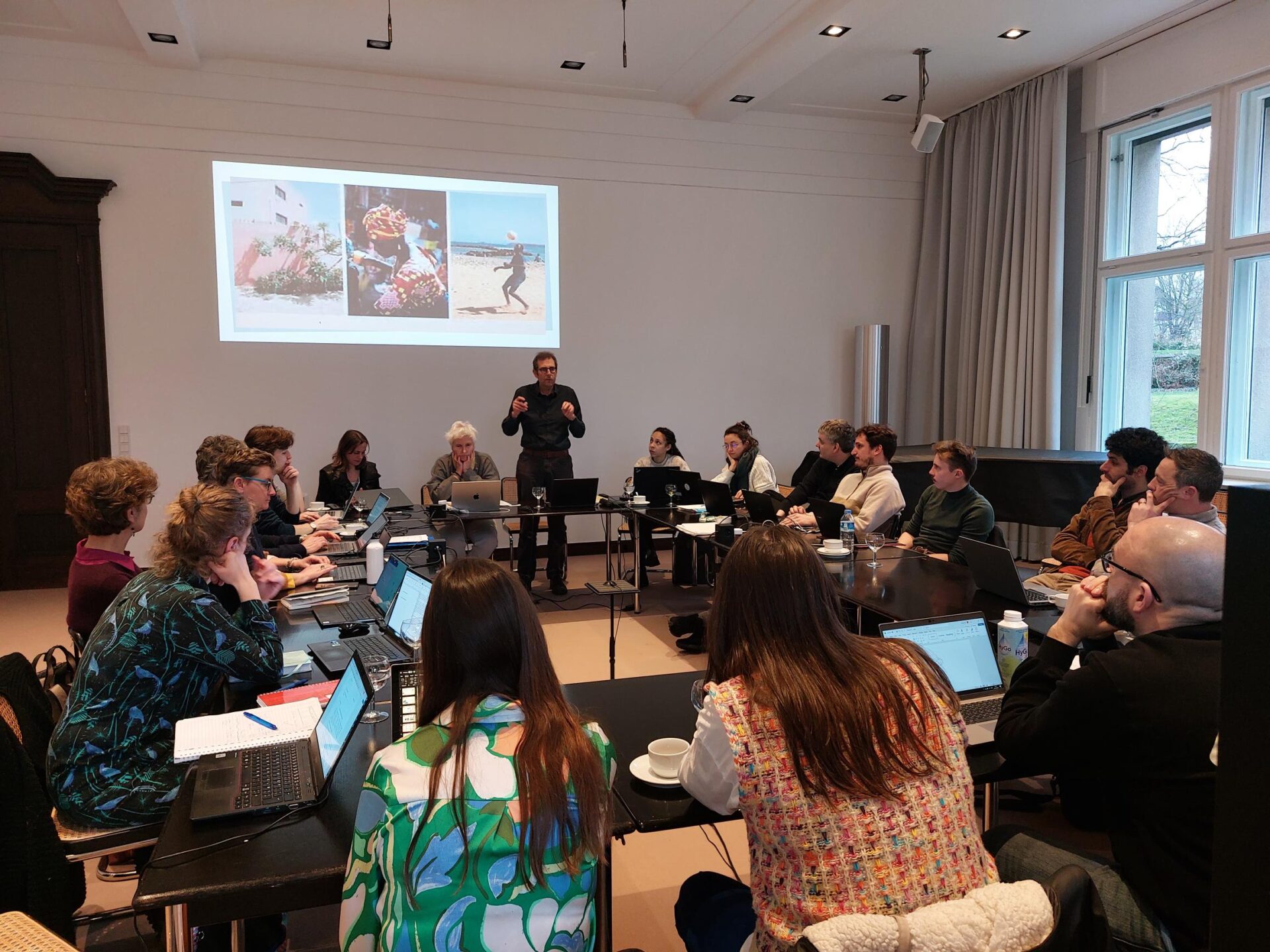
The third consortium meeting took a closer look at Involve’s qualitative work. Most partners started interviewing focus group participants. A review of the first interviews taught us more about the questionnaire used, potential obstacles and successes.
The interviews look for the experiences with social and other services, the life stories, the expectations of the participants.
Most interviews show fractured life stories. Most participants have a story of survival. Survival in a world that does not favour them. Education, if they had any, did not provide them with a stepping stone to a better life.
Social services sometimes help, but some services tend to stigmatise rather than support.
Their aspirations were limited: an ordinary life, with a comfortable garden, work that provides a secure income, children who are well off. Many have aspirations mainly for their children; these are more important than the ones for themselves.
These initial interviews already provide a picture of services with too few support. But this is only the beginning of our research.
We then look further into how services give individuals a voice in guidance, how they can participate and help shape policy. The answers to these questions are for a subsequent blog.
Political work was also on the agenda. We want to know the local context to better interpret and understand the answers from the interviews. A policy grid was developed for this purpose. This was discussed at length. Thus, we see how the “merging of knowledge” is possible in practice. This grid explores how policies were developed, in collaboration with, with participation of, who has an interest in, what values are at the origin of policies that affect the focus group participants.
Vulnerable people aspire for their children
The survey was the third point on the agenda. It is an important part of Involve’s work. In all participating countries, the survey questions a wide range of individuals about their trust in democratic institutions in relation to their experiences with social and public services. Together, we looked at different questions, the tone and content of the questions and whether they interpreted our research objectives. Here again, we show that a “merging of knowledge” is an absolute asset for quantitative research.
We then examined the four domains by country: housing, health, education and employment. This initial exploration of the four domains was a preparation for work with the policy grid. It was striking that in many countries participation is either non-existent or even phased out, also in several countries there is a growing stigmatisation of vulnerable people. at the same time, possible positive initiatives were discussed. These are important to be able to suggest alternatives during discussions with stakeholders.
The meeting closed with an overview of the set of tasks for the coming weeks and months. The Citizen lab participants were already ready to help think about the concept of aspirations and how this concept can be translated into everyday research practice
